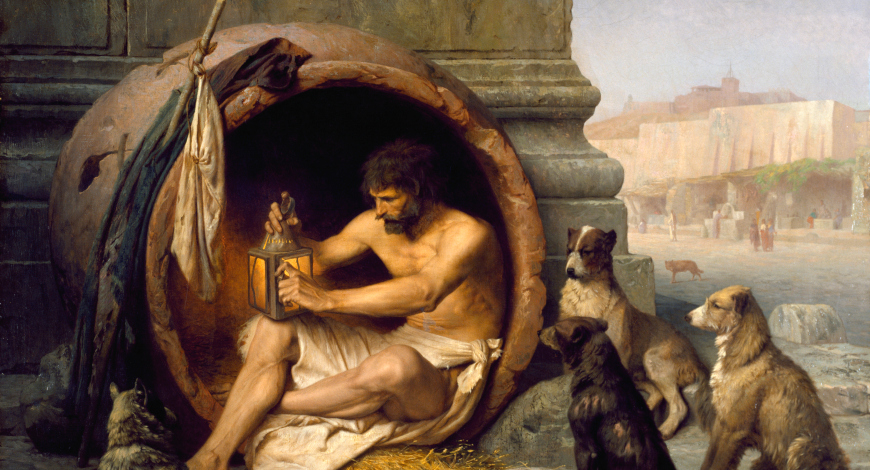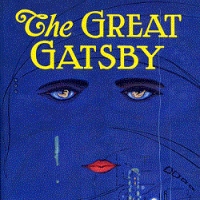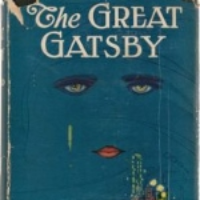Diogenes – Happiness


“He has the most who is content with the least.”
DiogenesBig Idea
Money, influence, friends and good grades– students think that more is better. The whole idea of cutting back on desire isn’t very attractive. Yet, we can’t have it all and so now and throughout life, students must make smart choices on what they want and how much.
Claim
Here Ancient Greek philosopher Diogenes suggests that the secret to happiness and fulfillment in life is to be content with having little. He could be referring to material things, status and reputation or even human relationships.
Counterclaim
But being content with what you have doesn’t inspire you to move forward and get more. You stagnate and no longer develop when you decide that you have enough. This is hardly a life plan for happiness.
Essential
Question
How do you know when you have enough to be happy?
Student Video


The Great Gatsby – Happiness
Using the classic American novel The Great Gatsby to explore the themes of disillusionment and the American Dream, I want students to really dig into the characters and their motivations to gain an un ...

Supply and Demand – Happiness
When teaching economics and the concepts of supply and demand, students can often struggle to understand why demand, in many cases, continues to rise. The conversation surrounding happiness inspired b ...

Great Gatsby – Happiness
I’m getting ready to teach the Great Gatsby by F. Scott Fitzgerald and I want to focus on happiness. I could use the Diogenes conversation right before introducing the novel to get the kids thinking ...


